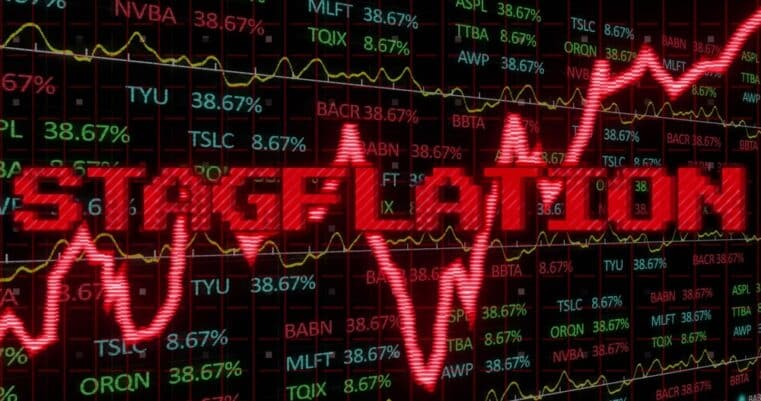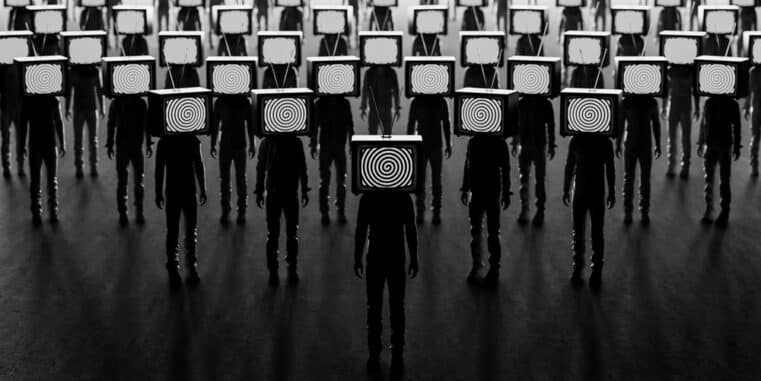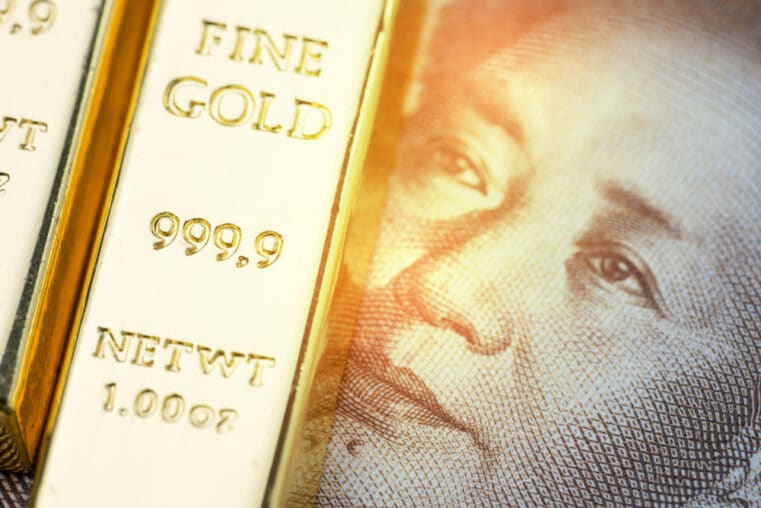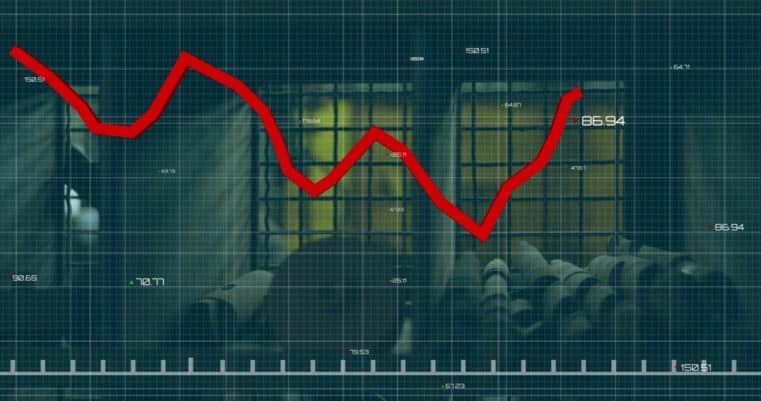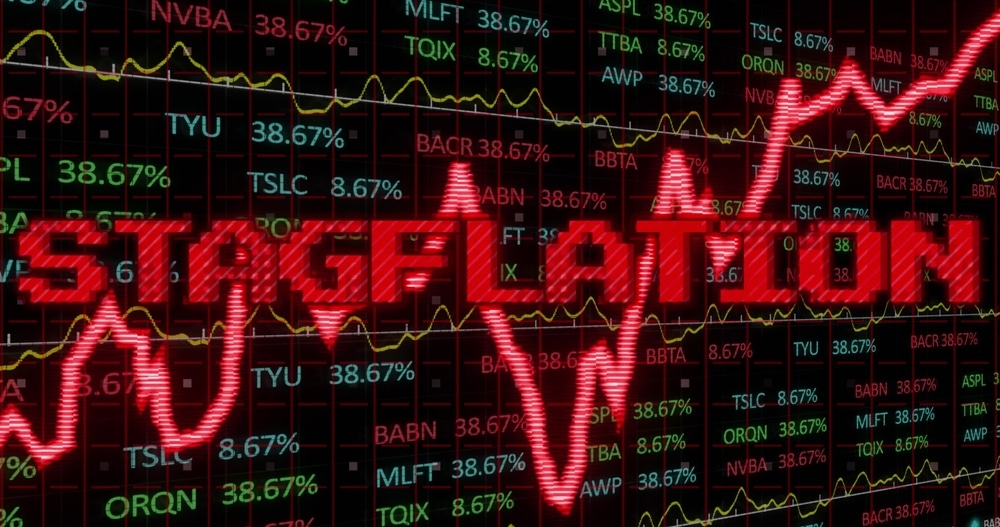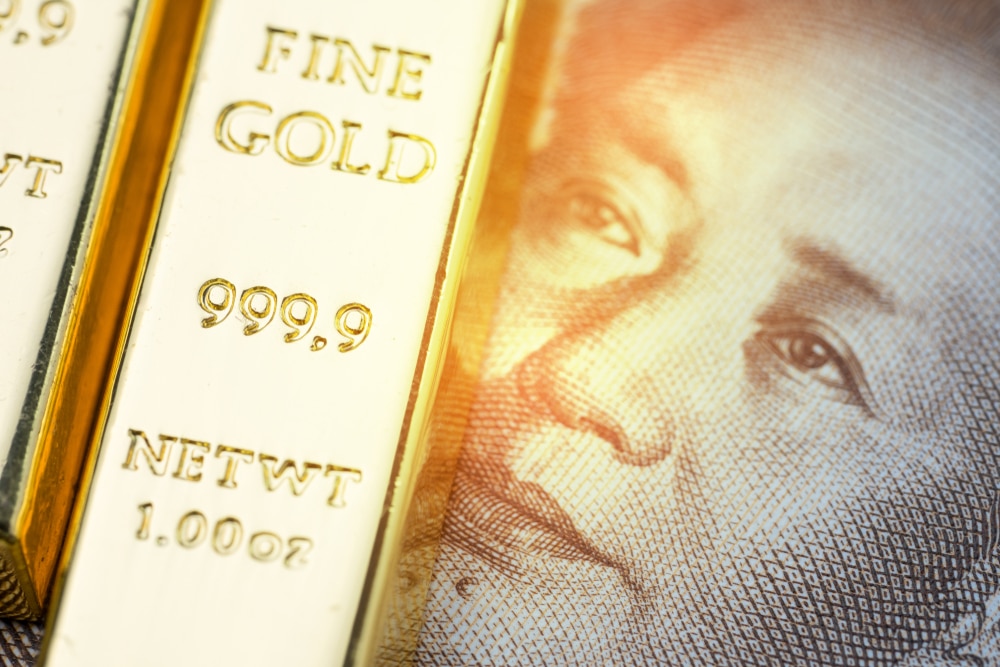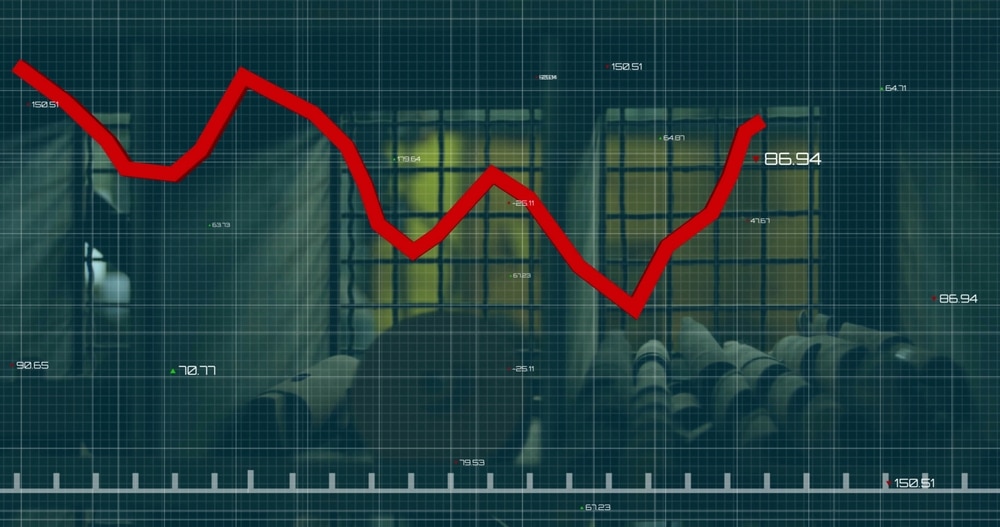
The Second Phase of Unemployment Will Be Harsher
For American workers displaced by recession, widespread public sympathy soon gives way to moralizing anger.
In the past few weeks the United States has witnessed an unprecedented spike in jobless claims that has overwhelmed state agencies. Alongside a health crisis and an economic crisis, we are now entering into a devastating period of mass unemployment, one that—decades of research tell us—will leave deep financial and psychological scars for the workers and families trapped within it. Today, Americans across party lines recognize the need to act quickly to minimize this harm, but that bipartisan support will soon fade, as it has in past recessions. If Congress and state governments are going to pass forward-thinking legislation to help unemployed and precariously employed workers, now is the time.
Having researched the experiences of unemployed workers over the past 20 years, we expect that the coming unemployment crisis will have two distinct phases. In the first phase, the country will largely respond with a sense of solidarity and compassion for the millions who have lost their jobs. Americans will recognize that external forces—the coronavirus and government policies to create social distance—have triggered these mass layoffs, and they will see the plight of unemployed workers in that light.
Those who lose their jobs will struggle to make ends meet in a stand-still economy, but they will at least be spared some of the blame leveled against the jobless in other economic downturns. When more than 20 million people file for unemployment in a month, even the hard-hearted will have trouble casting them as idlers or parasites. As a result, there should be sufficient political will to continue generous government support—perhaps even expanding upon the $2 trillion stimulus package that Congress recently passed, which dramatically boosts unemployment benefits and extends them to gig workers and other people who normally don’t qualify.
Eventually, the outbreak will subside, and economic conditions will improve. Yet, for workers who remain unemployed, the situation will worsen. We are likely to see a repeat of the unemployment crisis of the Great Recession—but the underlying dynamics will be amplified.
During this second phase, companies will begin to rehire workers. If the past is any guide, many employers will use this opportunity to replace some of their former workers with cheaper and more contingent labor. During normal economic times, slashing wages or stripping away job security prompts a backlash of protest and bad publicity. But lowering such labor costs is easy when the economy is stalled and workers are grateful for any opportunity.
More broadly, the crisis will accelerate some long-running market trends toward industry consolidation (which reduces one’s choice of potential employers), automation (in which machines replace human labor), and worker precarity (which happens when the convenience of employers and customers entirely overrides the well-being of individual workers). Even with the payroll subsidies that the stimulus legislation provides to small businesses, the prolonged shutdown will likely destroy many mom-and-pop businesses that have already suffered from decades of brutal competition with the likes of Walmart and Amazon. One thing that kept service jobs from being automated was the sense that customers prefer human interaction, but social distancing has enhanced the appeal of self-service kiosks—and even delivery drones. Once the pandemic subsides, people may go back to their old habits, but corporations do not typically let such opportunities for cutting costs go to waste—as we have seen whenever efforts to organize workers prompt employers to suddenly bring in more computers and robots, outsource work to contractors, or move jobs entirely offshore.
Given how employers are likely to act in response to the economic downturn, many of those now laid off may well remain unemployed for a prolonged period. In particular, companies eager to hold down payroll costs will hesitate to hire back older and more experienced workers. They are likely to be left behind and remain in a jobless limbo long after the economy has picked up again.
Meanwhile, the old stigmas against unemployed workers will resurface, as memories of the initial crisis fade and people find new reasons to fault others for not pulling themselves up by their bootstraps. Even today, we see hints of what is to come. Some of the country’s most prominent conservative ideologues are already complaining about how Congress’s top-up of unemployment benefits encourages people to drop out of the workforce.
This resentment will become much more widespread and pernicious. Here, again, history is instructive. Even during the Great Depression, a global economic catastrophe that catapulted the U.S. unemployment rate to about 25 percent, resentment grew as the doldrums persisted. As the sociologists Katherine Newman and Elisabeth Jacobs have noted, critics of the Roosevelt administration excoriated the long-term unemployed as malingerers and reprobates and assailed New Deal programs as socialist schemes to tax the middle class into poverty. Eight decades later, a Wall Street–led financial contagion pushed the unemployment rate to 10 percent. This time, the rancor coalesced more quickly, fed by a steady drumbeat of rage from cable news, talk radio, and, eventually, the Tea Party.
During the second phase of the coronavirus recession, America’s temporarily strengthened social safety net will revert to its usual bare-bones form. Somehow, no money will be available to help the long-term unemployed—even though, just three years ago, Congress found more than enough to pay for tax cuts that disproportionately benefited the wealthiest Americans. As their unemployment benefits expire, the jobless and their families will face financial collapse. Public outpourings of compassion and grace will be steadily replaced, as they were in past downturns, with moralizing anger pumped up by partisan media.
Swift action from Congress could prevent the coming disaster. First, lawmakers would need to make permanent the temporary upgrades that Congress made to our antiquated unemployment-insurance system, which raised benefits so that families don’t sink rapidly into poverty and extended those benefits to gig workers. But beyond helping the unemployed, Congress must also revamp our regulatory system and safety net to better shield our growing workforce of underemployed workers—not just low-wage workers, but also the broader group of freelancers, temps, and subcontractors who have few legal protections and tend to be the first to go when the economy sputters. Severe income inequality means that even employed Americans often live paycheck to paycheck, with no savings to get them through the next emergency. A just-in-time economy, it turns out, has no real margin for error. Tying health insurance to employment is unusually harmful to workers amid a health crisis that provokes mass joblessness while requiring widespread virus testing and intensive care. If the threats posed by longer-term trends like automation were not reason enough, the present unemployment shock has enhanced the appeal of benefits not linked to work—including a universal basic income.
Annie Lowrey: Millennials don’t stand a chance
Policies that provide only temporary relief are insufficient to protect American workers from all the forces arrayed against them. The structural barriers to securing a decent livelihood in this economy will not suddenly disappear when a vaccine is found. The coronavirus has highlighted vulnerabilities in our current system that will far outlast the pain it has unleashed—and the solidarity it has instilled, at least for now.
Read Original Article at theatlantic.com



